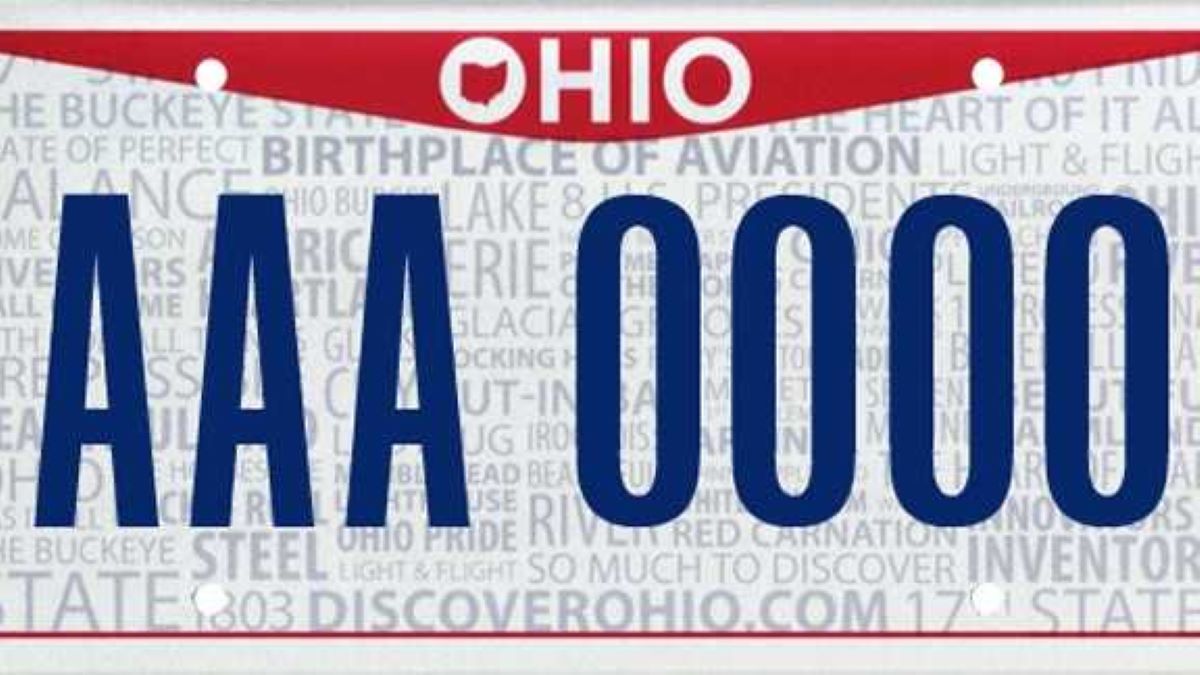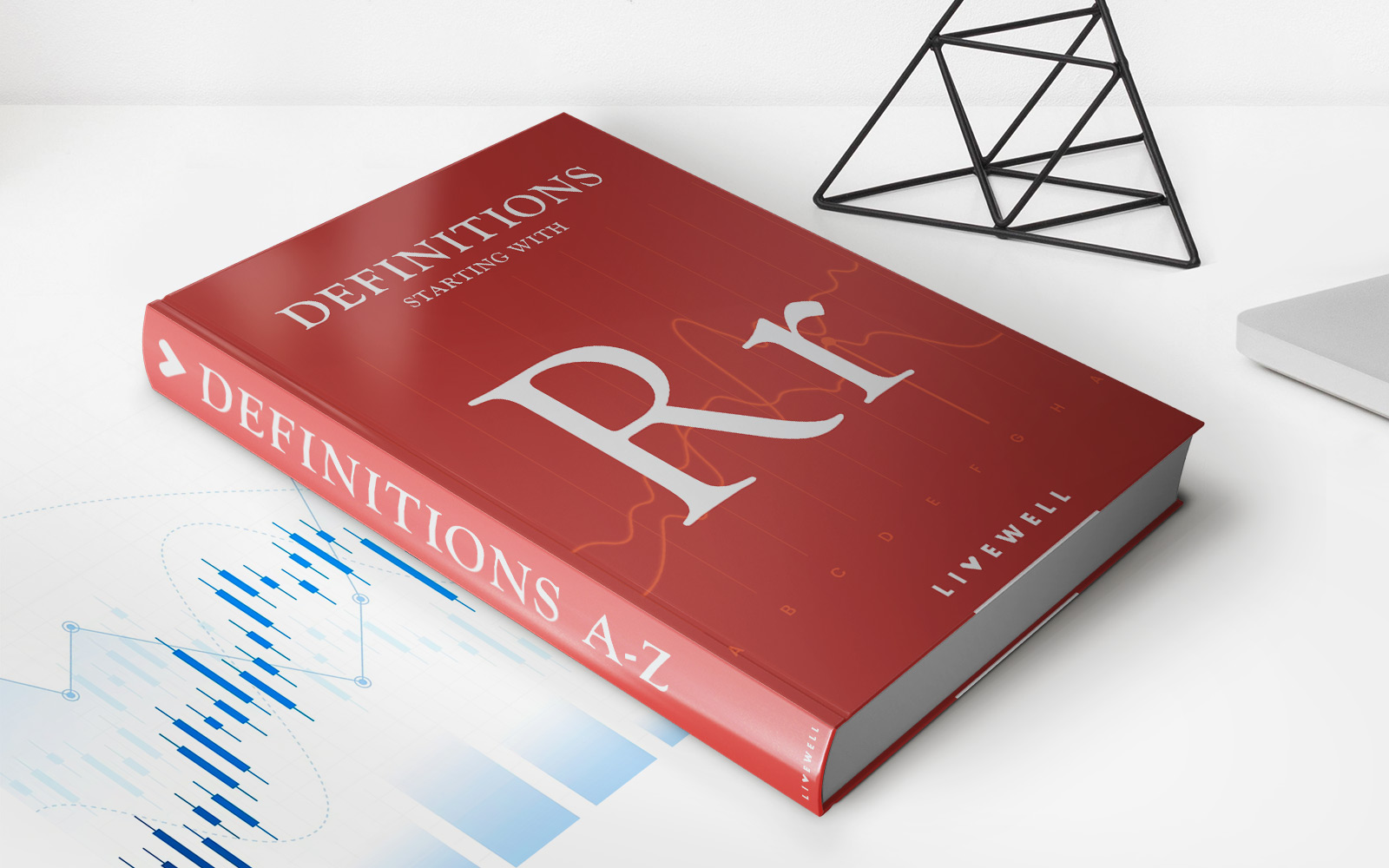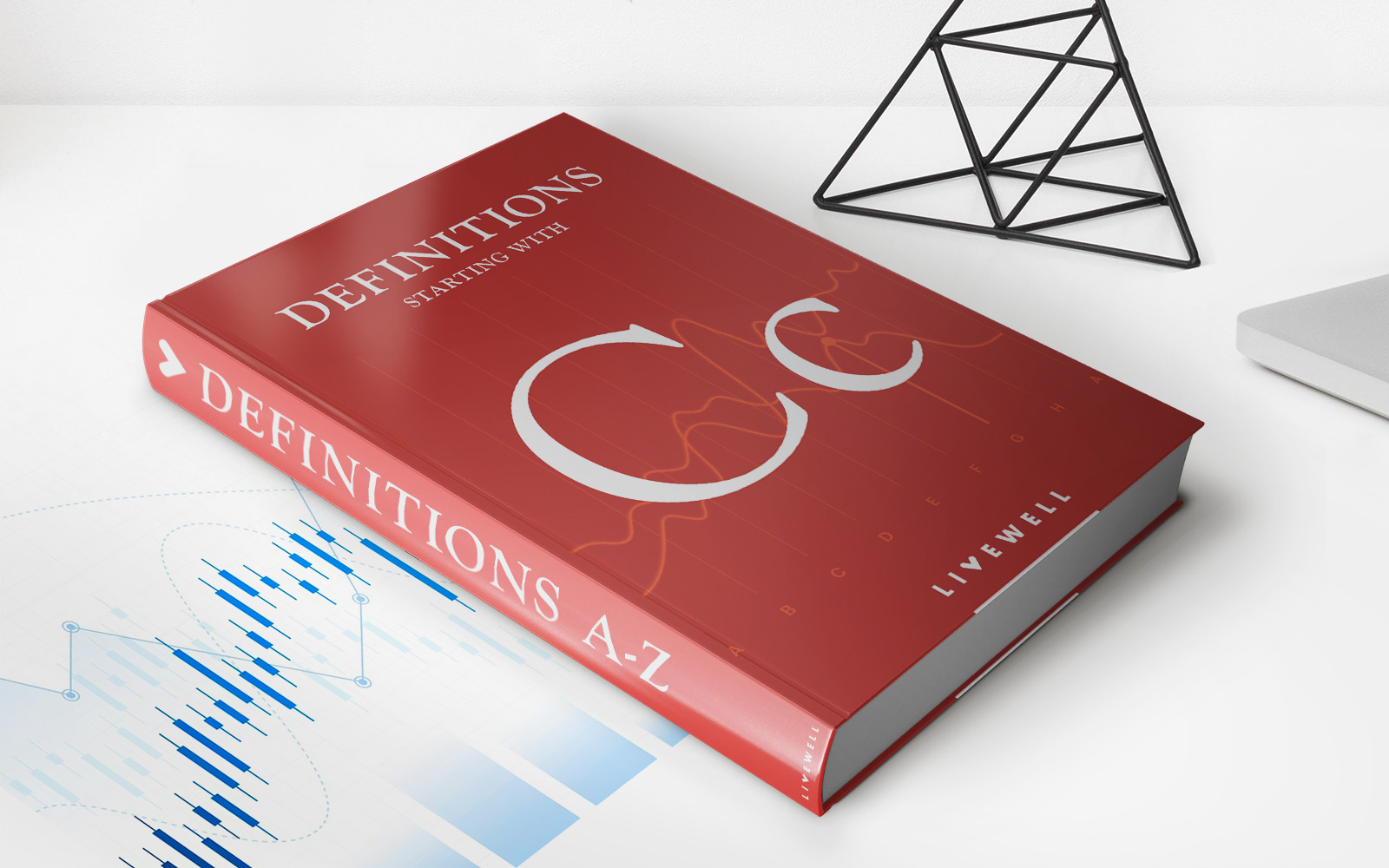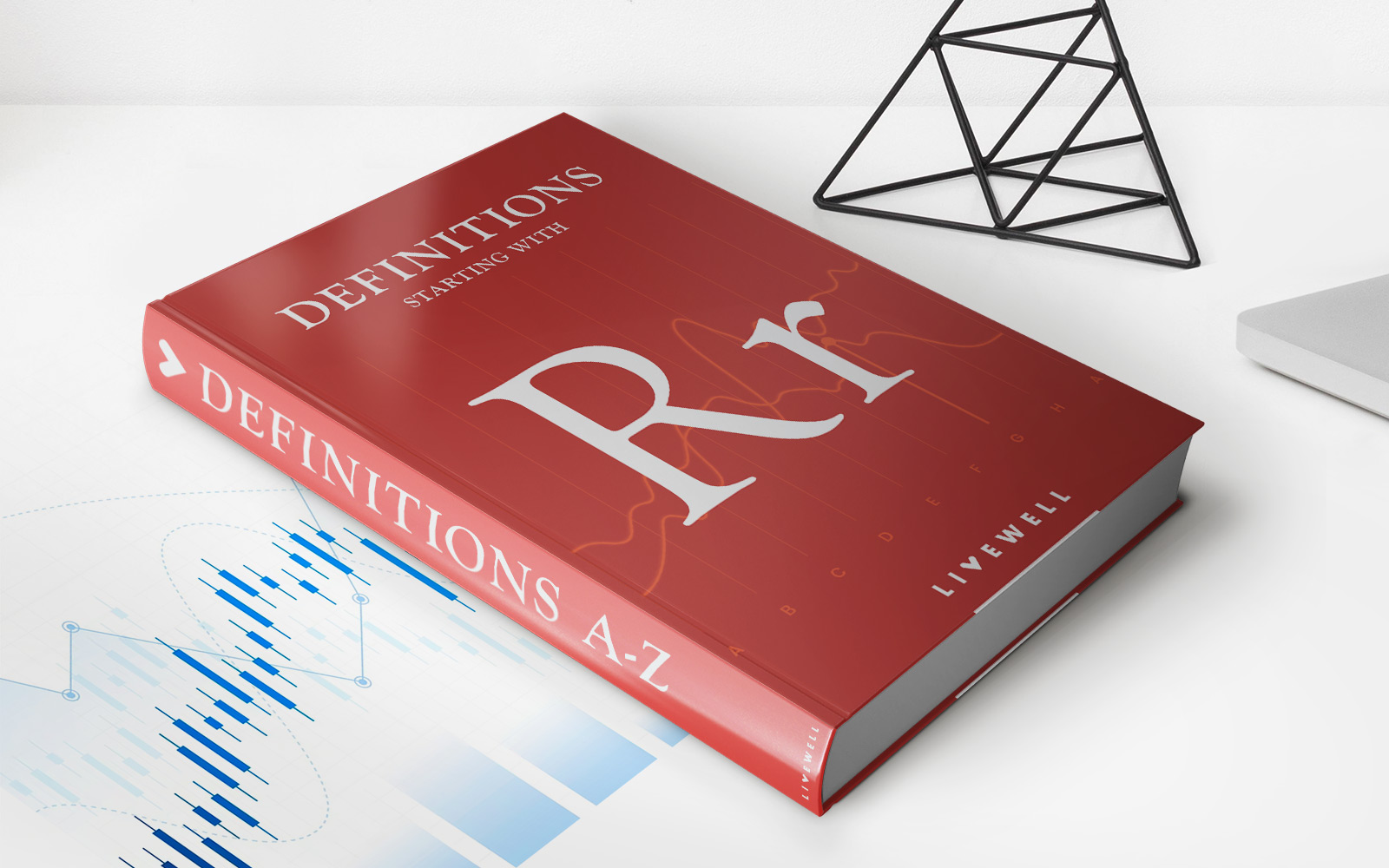

Finance
What Is An Insurance Renewal
Published: November 24, 2023
Discover the importance of insurance renewals in the world of finance. Learn what they are, how they work, and why they are crucial for your financial security.
(Many of the links in this article redirect to a specific reviewed product. Your purchase of these products through affiliate links helps to generate commission for LiveWell, at no extra cost. Learn more)
Table of Contents
Introduction
Welcome to the world of insurance! In today’s fast-paced and uncertain world, insurance plays a crucial role in protecting our precious assets and providing financial security. Whether it’s our homes, cars, health, or even our lives, insurance offers peace of mind by safeguarding us from unforeseen events and potential financial hardships.
But insurance is not a one-time decision. It requires regular attention and review to ensure that the coverage remains appropriate and up to date. This is where the concept of insurance renewal comes into play.
Insurance renewal refers to the process of extending or continuing an insurance policy after its initial term has ended. It is essentially a contract extension that allows policyholders to maintain their coverage without interruptions.
During the insurance renewal process, policyholders have the opportunity to reassess their coverage needs, review their policy terms and conditions, and make any necessary adjustments. This ensures that the insurance policy aligns with their current situation and provides adequate protection.
Insurance renewal can apply to various types of insurance policies, including auto insurance, home insurance, health insurance, and even life insurance. Regardless of the type of insurance, the renewal process follows a similar pattern.
In the next sections, we will explore the importance of insurance renewal, understand the process in more detail, and discuss factors that can affect the renewal outcome. We will also learn about the benefits of insurance renewal and common mistakes to avoid during the process.
So, let’s dive into the world of insurance renewal and unlock the secrets to maintaining optimal insurance coverage for a secure future!
Definition of Insurance Renewal
Insurance renewal is the process of extending or continuing an insurance policy beyond its initial term. It involves reviewing and updating the existing policy based on the policyholder’s needs, ensuring that the coverage remains adequate and relevant.
When an insurance policy reaches its expiration date, the policyholder has the option to renew it for another term. This renewal can usually be done annually, although the frequency may vary depending on the type of insurance policy.
During the renewal process, the insurance company and the policyholder reassess the policy terms and conditions, including the coverage amount, premium, deductibles, and any additional endorsements or riders. The aim is to make any necessary adjustments to ensure that the policy accurately reflects the policyholder’s current situation and provides appropriate protection.
Insurance renewal is not automatic. It requires proactive action from the policyholder, who must communicate with the insurance company to initiate the renewal process. Failure to renew the policy within the specified timeframe can result in a lapse in coverage, leaving the policyholder exposed to potential risks. It is important to stay proactive and be aware of the renewal dates to avoid any coverage gaps.
During the renewal process, the insurance company may also conduct reviews or checks to assess the policyholder’s claims history, creditworthiness, and any other relevant factors. This helps the insurer evaluate the risk and determine the appropriate renewal terms. It’s important for policyholders to provide accurate and up-to-date information during the renewal process to ensure fair and accurate pricing.
Insurance renewal offers policyholders the opportunity to reassess and potentially modify their coverage to better suit their changing needs. It provides a chance to add or remove coverage options, adjust policy limits, or explore different insurance providers for better rates or more comprehensive coverage.
While insurance renewal typically involves continuing with the current insurance company, policyholders may also choose to switch to a different provider if they find a better deal or if their current insurer no longer fits their requirements. However, it is important to carefully consider the terms and conditions, as well as any possible fees or penalties associated with switching insurers.
Overall, insurance renewal is a crucial process that allows policyholders to maintain appropriate coverage, update policy terms, and ensure ongoing financial protection against unforeseen events.
Importance of Insurance Renewal
Insurance renewal is not just a routine administrative task; it holds significant importance for policyholders. Let’s explore why insurance renewal is essential:
- Maintaining Continuous Coverage: Insurance renewal ensures that you have continuous coverage without any gaps. Failure to renew your policy on time can leave you exposed to potential risks and financial liabilities. By renewing your insurance policy, you can maintain the protection and peace of mind that insurance provides, without any interruptions.
- Updating Coverage Needs: Life is dynamic, and our circumstances change over time. Insurance renewal provides an opportunity to reassess your coverage needs and make sure your policy still aligns with your current situation. You may have acquired new assets, changed your living arrangements, or experienced other life events that require adjusting your insurance coverage. Renewal allows you to update your policy to ensure it adequately protects you and your assets.
- Reviewing Policy Terms and Conditions: Insurance policies can be complex, with various terms, conditions, and exclusions. During the renewal process, you have the chance to review your policy in detail and understand the coverage you have. This knowledge helps you make informed decisions about your insurance needs, ensuring that you have an accurate understanding of what is covered and any limitations or exclusions that may apply.
- Exploring Better Options: Insurance renewal presents an opportunity to explore other insurance providers and compare quotes. As the insurance market evolves and new companies emerge, you may find better coverage options, improved customer service, or more competitive rates elsewhere. By conducting a thorough comparison, you can make an informed decision about the best insurance provider for your needs.
- Adjusting Policy Premiums: Over time, insurance premiums may change due to various factors such as inflation, changes in risk factors, or individual circumstances. During the renewal process, you can review your policy’s premium and, if necessary, negotiate with your insurance company for a better rate. This ensures that you are paying a fair price for your insurance coverage, and it allows you to budget effectively for your insurance expenses.
In summary, insurance renewal is of utmost importance as it allows you to maintain continuous coverage, update your coverage needs, review policy terms, explore better options, and adjust your premiums. By actively participating in the renewal process, you can ensure that your insurance policy remains relevant, accurate, and aligned with your current needs and circumstances.
Process of Insurance Renewal
The process of insurance renewal involves several steps to ensure a smooth transition from the current policy term to the renewed term. Let’s take a closer look at the typical process of insurance renewal:
- Notification: Insurance companies usually send out renewal notices to policyholders a few weeks or months before the policy expiration date. These notices serve as a reminder to renew the policy and include important information such as the renewal date, premium amount, and any changes in policy terms. It is crucial to pay attention to these notifications to avoid any lapses in coverage.
- Evaluation of Coverage Needs: Before renewing your insurance policy, take the time to evaluate your coverage needs. Consider any significant changes in your life circumstances or assets that might require adjustments to your policy. Assess your risk tolerance and determine if additional coverage options are necessary. This evaluation will help ensure that your renewed policy provides adequate protection.
- Reviewing Policy Terms and Conditions: Carefully review your policy documents, including the terms and conditions, coverage limits, deductibles, and any endorsements or riders. Pay attention to any changes made by the insurance company and seek clarification if needed. Understanding your policy provisions will help you make informed decisions during the renewal process.
- Comparing Quotes: It’s always a good idea to compare insurance quotes from different providers before renewing your policy. This allows you to explore better coverage options and potentially lower premiums. Obtain quotes from multiple insurers and compare the coverage, premiums, and customer reviews to make an educated decision about the most suitable insurance provider for your needs.
- Contacting Your Insurance Company: Once you have evaluated your coverage needs and compared quotes, contact your current insurance company to initiate the renewal process. This can typically be done through phone, email, or online platforms. Inform them of your decision to renew the policy and inquire about any documentation or information they require to proceed with the renewal.
- Providing Updated Information: During the renewal process, your insurance company may request updated information relevant to your policy, such as changes in address, employment status, or the addition of new assets. It is important to provide accurate and up-to-date information to ensure your policy remains accurate and the premium is correctly calculated.
- Paying the Premium: Once all the necessary information has been provided, you will be informed of the premium amount for the renewed policy. Make sure you are aware of the payment deadline and promptly arrange for payment. Delaying payment or missing the deadline can result in a lapse in coverage.
- Confirmation of Coverage: After you have paid your premium, your insurance company will provide confirmation of the renewed policy. This confirmation typically comes in the form of a new insurance certificate or policy documents. Review these documents to ensure that all the details are correct and retain them for future reference.
By following these steps, you can navigate the process of insurance renewal smoothly and ensure that your policy remains up to date, providing you with the necessary protection and peace of mind that insurance offers.
Factors Affecting Insurance Renewal
Insurance renewal is a dynamic process influenced by various factors. Understanding these factors can help policyholders navigate the renewal process more effectively. Here are some key factors that can affect the insurance renewal outcome:
- Claims History: Insurance companies analyze the policyholder’s claims history during the renewal process. If you have a history of frequent claims or high-value claims, it may result in higher premiums or a decline in coverage options. On the other hand, a clean claims history can be beneficial in securing competitive renewal terms.
- Changes in Risk Factors: Insurance renewal takes into account any changes in risk factors associated with the policy. For example, if you have made additions or improvements to your home that enhance its safety or security, it may result in better renewal terms. Conversely, if you have added risk factors, such as installing a swimming pool or getting a new pet, it could impact the premium or coverage options.
- Market Conditions: The insurance market is influenced by various external factors, such as economic conditions, natural disasters, and changes in regulations. These factors can impact the rates and availability of insurance coverage. Market conditions can lead to fluctuations in premiums during the renewal process, so it’s important to stay informed about the market trends that may affect your insurance renewal.
- Claims Experience of Insurance Company: The claims experience of the insurance company itself can influence the renewal process. If an insurer has experienced a large number of claims or significant losses within a particular coverage area, it may result in rate increases or changes in underwriting guidelines. This could impact the renewal terms offered to policyholders.
- Personal Factors: Individual characteristics and circumstances can also affect insurance renewal. Factors such as age, occupation, credit history, and location can play a role in determining the renewal terms. For instance, a policyholder with a good credit score may be eligible for better premiums compared to someone with a lower credit score.
- Changes in Policyholder’s Needs: Any changes in the policyholder’s needs or circumstances can influence the insurance renewal terms. For example, if you have acquired new assets, started a business, or experienced significant life events like marriage or divorce, it may require adjustments to your coverage or policy options. These changes can impact the premium or coverage limits during renewal.
- Underwriting Guidelines: Insurance companies have underwriting guidelines that dictate their approach to risk assessment and coverage eligibility. During renewal, any changes in the insurer’s underwriting guidelines can affect the renewal terms. For example, if the company decides to impose stricter guidelines for certain risks, it may result in changes to premiums or coverage options.
- Overall Loss Ratio: Insurance companies assess their overall loss ratio, which is the ratio of incurred claims to earned premiums. If an insurer’s loss ratio is higher than expected, it may prompt them to adjust rates or coverage options during renewal to maintain profitability.
It’s important for policyholders to be aware of these factors and their potential impact on the insurance renewal outcome. By understanding these influences, policyholders can be better prepared to navigate the renewal process, evaluate their options, and make informed decisions that align with their changing needs and circumstances.
Comparison of Insurance Quotes during Renewal
When it comes to renewing your insurance policy, it’s always a good idea to compare quotes from different insurance providers. This comparison allows you to explore better coverage options, potential cost savings, and ensure that you’re getting the most value out of your insurance. Here are a few key reasons why comparing insurance quotes during the renewal process is important:
- Potential Cost Savings: Insurance premiums can vary significantly between different providers, even for the same coverage. By comparing quotes, you can identify potential cost savings and secure a better deal. Lower premiums can help you save money in the long run without compromising on the coverage you need.
- Updated Coverage Options: Insurance companies may introduce new coverage options or endorsements since you last purchased your policy. By comparing quotes, you can explore these updated coverage options and determine if they are more suitable for your current needs. This ensures that you have the most comprehensive coverage available.
- Improved Customer Service: Insurance renewal presents an opportunity to assess the customer service levels of different providers. Read reviews and gather information about the quality of service offered by various insurance companies. A provider with excellent customer service can make a significant difference when it comes to claim settlement, policy queries, and overall satisfaction.
- Policy Features and Conditions: Comparing insurance quotes allows you to review the features, conditions, and exclusions of the policies offered by different providers. Pay attention to limitations or additional benefits offered by each policy. This evaluation ensures that you understand the terms and conditions, enabling you to make an informed decision about the most suitable coverage for your needs.
- Financial Stability: It’s vital to consider the financial stability of the insurance company when comparing quotes. A financially stable provider is more likely to honor your claims promptly and provide long-term support. Research the insurer’s financial ratings and stability to ensure that you’re selecting a reliable and trustworthy provider for your insurance needs.
- Discounts and Incentives: Insurance companies offer various discounts and incentives to attract customers. Take advantage of the renewal period to explore these offers. Compare the available discounts, such as bundling policies or loyalty discounts, which can help reduce your premiums and provide additional value.
- Customization and Flexibility: Each insurance company has its own policy customization options and flexibility. By comparing quotes, you can evaluate the level of customization available, such as choosing deductibles, policy limits, or add-on coverages. This allows you to tailor the policy to your specific requirements and preferences.
- Ease of Claims Process: Understanding the claims process and examining the ease and efficiency with which an insurance company handles claims is crucial. Look for customer reviews or seek recommendations from others who have had experience with the insurer. A streamlined and transparent claims process can make a significant difference in your overall satisfaction with the insurance provider.
Overall, comparing insurance quotes during the renewal process is essential to ensure you’re getting the best coverage and value for your insurance premium. Take the time to gather quotes, evaluate the features, benefits, and costs, and choose the insurance provider that offers the most suitable coverage and excellent customer service. Remember, finding the right insurance policy is not just about the price but also about the company’s reliability and suitability for your unique needs.
Common Mistakes to Avoid during Insurance Renewal
Insurance renewal requires careful attention and consideration to ensure that you maintain adequate coverage and make informed decisions. To help you navigate the renewal process successfully, here are some common mistakes to avoid:
- Auto-Renewing without Review: One of the biggest mistakes policyholders make is auto-renewing their insurance policy without reviewing it. Simply sticking with the same policy year after year can result in paying higher premiums or having outdated coverage that no longer meets your needs. Take the time to review and reassess your policy before committing to a renewal.
- Failure to Update Personal Information: It’s crucial to provide accurate and up-to-date personal information during the renewal process. Failing to update important details like your address, marital status, or additional drivers can lead to coverage gaps or issues during the claims process. Keep your insurance company informed of any changes to ensure your policy accurately reflects your current situation.
- Ignoring Policy Changes: Insurance policies can change over time, with updates to coverage options, terms, and conditions. It’s essential to review any policy changes communicated by your insurance company during the renewal process. Ignoring these changes could result in unexpected limitations or exclusions that may affect your coverage.
- Not Comparing Quotes: Failing to compare insurance quotes during renewal can result in missed opportunities for potential savings and better coverage options. Take the time to gather quotes from multiple insurers to ensure that you are getting the most competitive rate and the coverage that best fits your needs.
- Overlooking Deductibles and Coverage Limits: When renewing your insurance policy, don’t overlook the deductibles and coverage limits. Ensure that you are comfortable with the deductible amounts you would need to pay out of pocket in the event of a claim. Additionally, review your coverage limits to make sure they are adequate for your current assets and liabilities.
- Not Reporting Changes in Risk Factors: Failing to inform your insurance company about changes in risk factors, such as adding a new driver to your auto policy or making home renovations, can be a costly mistake. Failure to report these changes may lead to denied claims or the risk of being underinsured. Keep your insurer informed of any significant changes to mitigate these risks.
- Forgetting to Ask about Discounts: Insurance companies often offer various discounts that policyholders may be eligible for, such as multi-policy discounts, good driver discounts, or home security discounts. Forgetting to inquire about available discounts during the renewal process can result in missed opportunities for potential savings.
- Not Reviewing Coverage Needs: Your coverage needs can change over time as your life circumstances evolve. Failing to review your coverage needs during the renewal process may leave you with inadequate or excessive coverage. Take the time to reassess your insurance needs and make the necessary adjustments to ensure you have the right level of protection.
- Not Seeking Professional Advice: Insurance can be complex, and policy language can be confusing. Not seeking professional advice, such as consulting with an insurance agent or broker, can lead to misunderstandings or overlooking important details. Consider seeking guidance from insurance professionals to help you navigate the renewal process and make informed decisions.
By avoiding these common mistakes, you can ensure a smooth and successful insurance renewal process. Take the time to review your policy, gather quotes, update your information, and make thoughtful decisions that align with your current needs. Remember, the goal is to maintain appropriate coverage, obtain competitive premiums, and have peace of mind knowing that your insurance protection is up to date.
Benefits of Insurance Renewal
Renewing your insurance policy may seem like a routine task, but it offers several significant benefits for policyholders. Let’s explore some of the key advantages of insurance renewal:
- Maintaining Continuity: By renewing your insurance policy, you ensure continuous coverage without any gaps or lapses. This uninterrupted protection is crucial in safeguarding your assets and financial security. Renewal prevents the risk of being caught unprotected in the event of an accident, natural disaster, or unforeseen circumstance.
- Updated Coverage: Insurance renewal allows you to review and update your coverage to align with your changing needs. You have the opportunity to reassess the value of your assets, evaluate your current risks, and adjust your coverage limits accordingly. Keeping your coverage up to date ensures that you are adequately protected against potential losses.
- Opportunity for Cost Savings: Insurance renewal provides the chance to shop around and compare quotes from different insurers. This allows you to explore potential cost savings by finding more competitive premiums or taking advantage of available discounts. Finding a better rate for your insurance coverage can result in substantial savings over time.
- Rewards Loyalty: Many insurance companies offer loyalty rewards or discounts for policyholders who renew with them. These rewards may include lower deductibles, premium reductions, or other incentives to show appreciation for your continued business. Renewing with the same insurer can help you take advantage of these loyalty benefits.
- Enhanced Policy Features: Insurance companies regularly update their policy features and options based on market trends and customer needs. Renewal allows you to access these enhanced features and options, providing you with a wider range of coverage choices. You can take advantage of new endorsements or riders that offer additional protection specific to your circumstances.
- Access to Additional Services: Some insurance companies offer value-added services to policyholders, such as 24/7 claims support, emergency assistance, or online policy management tools. By renewing your policy, you can continue to access these services, enhancing your overall insurance experience and making it easier to handle policy-related matters.
- Peace of Mind: Insurance provides peace of mind by offering financial protection against unforeseen events. Renewing your policy ensures that this peace of mind remains intact. Knowing that you have a comprehensive insurance policy in place, tailored to your needs, gives you confidence and peace of mind, allowing you to focus on other aspects of life without worries.
- Convenience and Time Savings: Renewing your policy with the same insurer can save you time and effort. As you are already familiar with their processes and systems, renewal is typically a simpler and quicker process compared to switching insurers. You can save time by avoiding the need to reapply for coverage or go through extensive underwriting procedures.
In summary, insurance renewal offers numerous benefits, including continuity of coverage, updated and customized protection, potential cost savings, loyalty rewards, access to enhanced policy features, added services, peace of mind, and convenience. By taking advantage of these benefits, you can ensure that your insurance remains relevant, cost-effective, and tailored to your evolving needs, providing you with the necessary protection and financial security.
Conclusion
Insurance renewal is not just a bureaucratic process; it is an opportunity for policyholders to reassess their coverage needs, explore better options, and ensure ongoing financial protection. By actively participating in the renewal process, policyholders can make informed decisions that align with their changing circumstances and provide peace of mind.
Throughout the renewal process, it is important to avoid common mistakes such as auto-renewing without review, failing to update personal information, and not comparing quotes. These pitfalls can lead to inadequate coverage, missed opportunities for savings, and potential gaps in protection.
On the other hand, insurance renewal offers numerous benefits. It allows policyholders to maintain continuous coverage, update their coverage options, potentially save costs, and access enhanced policy features. Renewal also rewards loyalty, provides peace of mind, and saves time and effort compared to switching insurers.
To make the most of insurance renewal, policyholders should take the time to evaluate their coverage needs, review policy terms and conditions, and gather quotes from different insurers. This comprehensive approach ensures that the policy remains relevant and up to date, providing adequate protection and value for money.
Remember, insurance is a dynamic tool that requires regular attention to ensure it continues to meet your needs. So, embrace the opportunity of insurance renewal to tailor your coverage, secure the best rates, and maintain the financial security and peace of mind that insurance offers.














